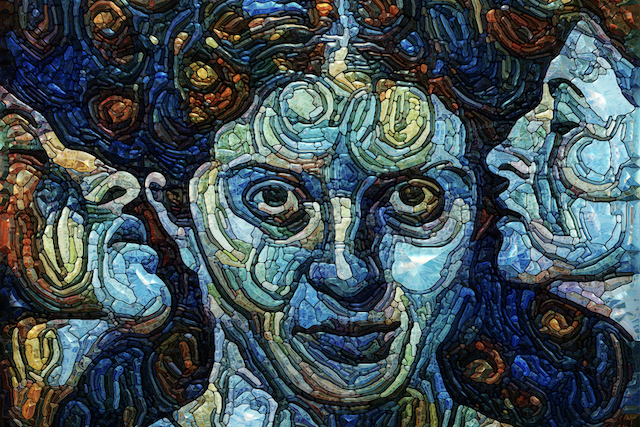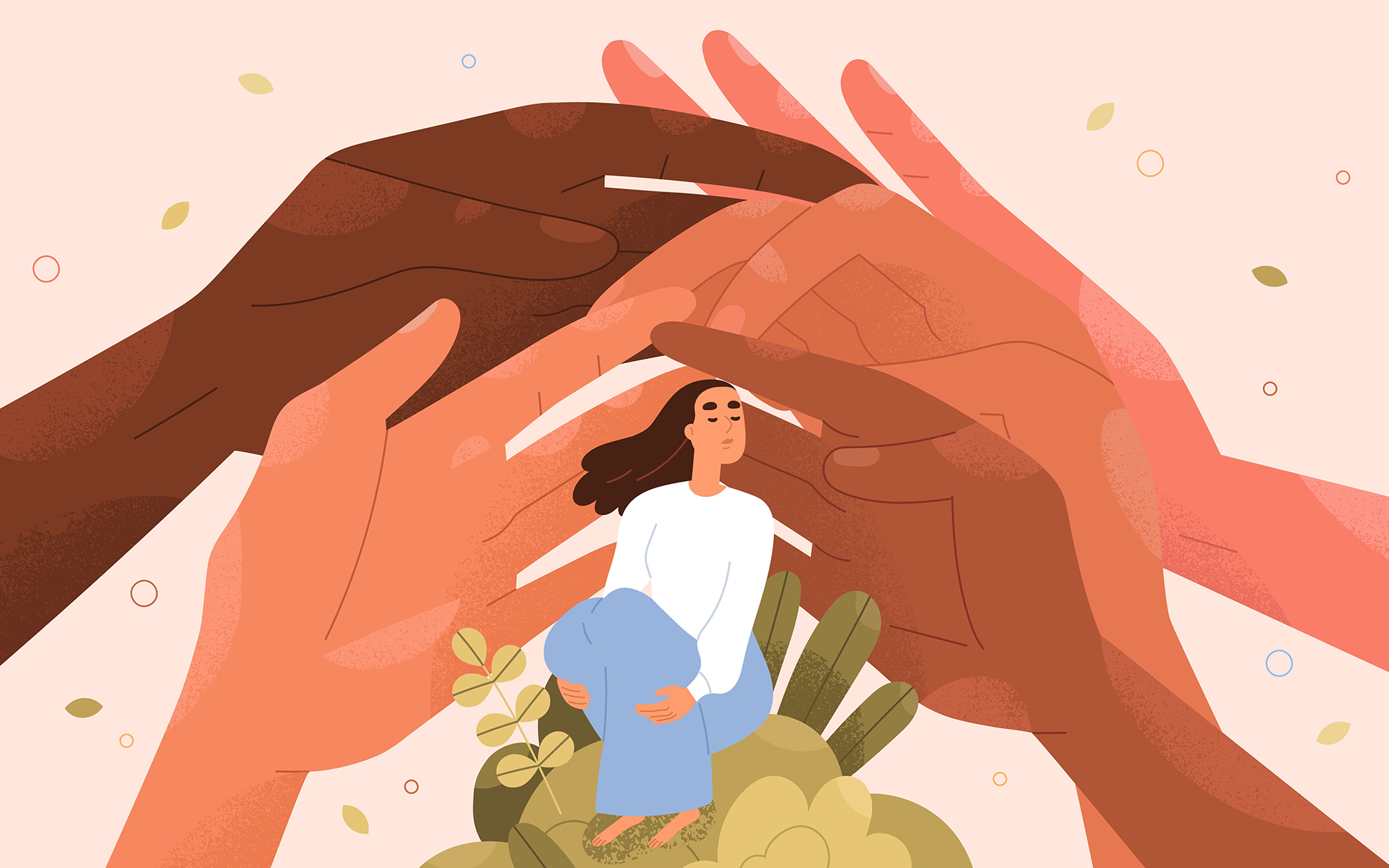Karma and Rebirth
Everything is in relationship The post Karma and Rebirth first appeared on Tricycle: The Buddhist Review. The post Karma and Rebirth appeared first on Tricycle: The Buddhist Review.
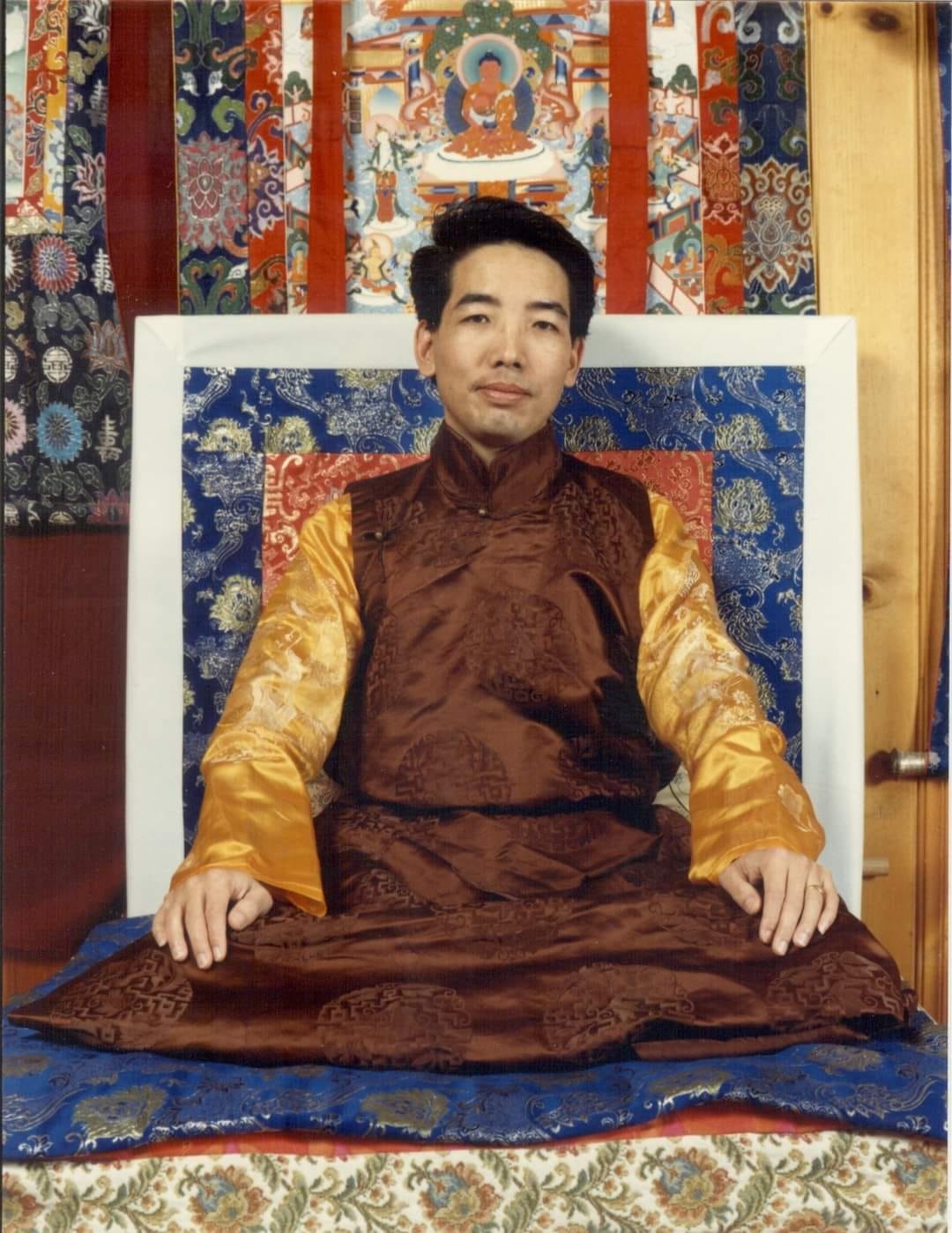
Everything is in relationship
By Traleg Kyabgon Rinpoche Oct 24, 2024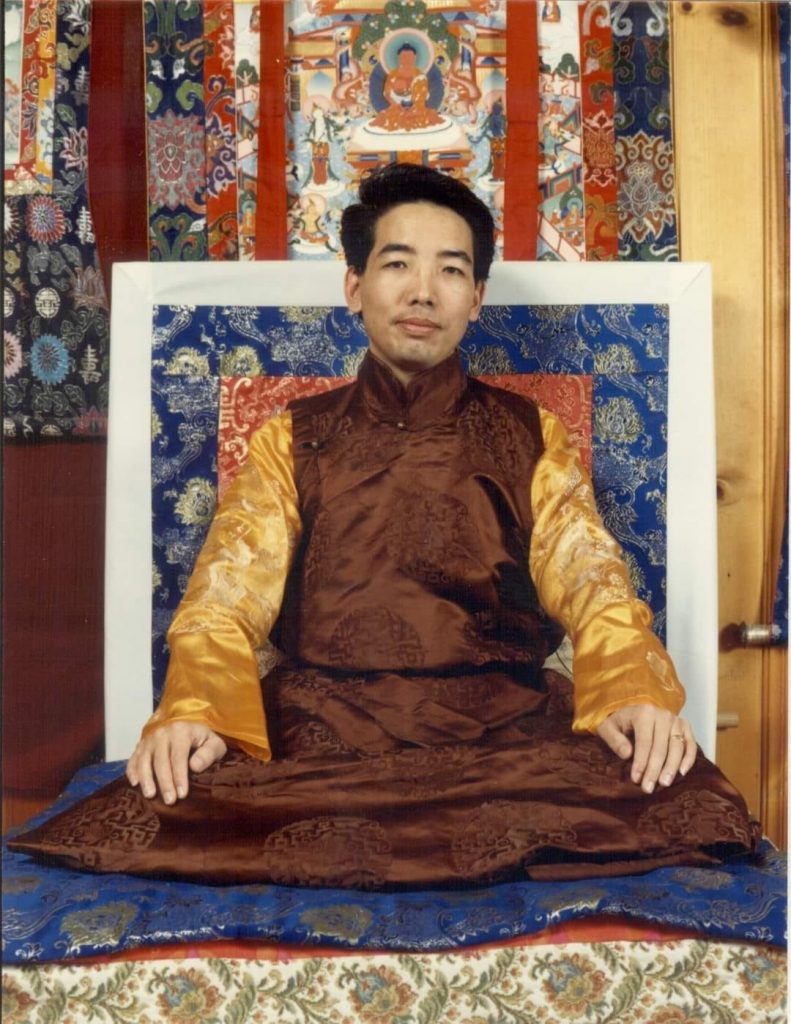 Photo by Traleg Khandro
Photo by Traleg Khandro In Buddhism, the idea of causality is extremely important. What we mean by causality is that nothing in existence has any kind of enduring essence. Everything is in relationship; everything exists in a dependent manner. Nothing can exist of its own accord. Therefore, everything that exists is causally dependent, either in the physical or mental realm.
That being the case, we must view morality also in terms of causality. Morality is dependent upon the notion of karma because karma refers to the law of cause and effect in the moral realm. Whatever we do creates certain mental impressions, which in turn produce karmic residues that later come to fruition when the appropriate causes and conditions are present. When we do something positive, wholesome, and good, certain positive impressions are automatically left in the mind. They produce positive and healthy dispositions in us so that our experiences in the future will be positive and healthy.
Whatever we do creates certain mental impressions, which in turn produce karmic residues that later come to fruition when the appropriate causes and conditions are present.
When we look at ourselves and at other people, it may not be immediately apparent how this karmic cause and effect operates. For instance, there are good people who do good things and yet they may be experiencing a lot of suffering. They may be ill, disadvantaged, or oppressed. And there are bad people who are nonetheless enjoying a good life. The theory of reincarnation or rebirth is an extension of the concept of karma, which means that we have to look at the whole thing in terms of our previous existence. (I don’t like to use the word incarnation because it may imply a preexisting psychic substance or soul, and Buddhism does not accept the existence of an eternal soul that incarnates. However, Buddhism believes in a stream of consciousness that gets transferred from one birth to the next. This stream of consciousness is an instance of mental occurrence arising due to its own internal momentum as well as external stimuli, all of which seemingly perpetuate its continuity over time. It thus serves as the basis for one’s self-identity.) Even though a person may not have done anything wrong in this life, that person can have terrible, unwanted experiences because of what he or she has done in a previous life.
Rebirth does not occur in a haphazard way but is governed by the law of karma. At the same time, good and bad rebirths are not seen as rewards and punishments but as resulting from our own actions. That is why in Tibetan, the karmic law is called le gyu dre, which means “karmic cause and effect.” From this, we can see how important it is to develop positive and healthy attitudes because what we do is tied up with the kind of person we are and the kind of mental attitudes we have. We cannot separate these three because they are intimately related. If we think negative thoughts, we will become negative persons, and if we become negative persons, we will do negative things. For example, if we indulge in aggressive thoughts and harbor resentment or bitterness toward others, we will become an aggressive person. When we indulge in negative or aggressive thoughts, those thoughts have a way of working their way into action so that we become negative, aggressive people.
Without some insight into ourselves and our minds, simply paying attention to what we do will not make us better people in a significant way. For this reason, we should be more attentive to our intentions and attitudes than our behavior or actions.
There is no room in the Buddhist precepts for expressions of moral indignation or outrage. The expressions of unbridled negative emotions such as hatred or disgust toward opponents or those who don’t share our own moral worldview are seen as the very root causes of our moral weaknesses. An excessive fixation on “right” and “wrong,” the deluded belief that we are on the side of right and good, waging war against what we perceive as being bad, indulging in or harboring thoughts and emotions that would lead to harmful actions and conduct—all these are to be avoided. Thus, as Buddhists, not only should we engage in good and wholesome actions constantly and consistently, but we should be observant of our inner mental states as well. The Buddha said in the Nikayas (Pali sutras of the early Buddhist canon): “O monks, this I call karma: having had the intention, one acts through body, speech, and mind.” So, the intention is more important than the action. If our intention is right and sincere and our mind is pure, then even if we do not pay much attention to the actions themselves, we will be able to act in a way that is conducive to the well-being of others, as well as to ourselves.
Even though the happiness, unhappiness, pleasure, or pain that we experience is proportional to our karmic merit or demerit, we should not just accept the situation in which we find ourselves. Buddhism does not encourage a sense of fatalism. Believing in karma does not mean that we should say, “Well, this is my karma, and my karmic lot is so terrible that I can’t do anything about it. I’m a loser; I’m a failure.” If we find ourselves in an unsatisfactory situation, we should try to improve it or get out of it. There may be a number of options available. Instead of promoting the idea of fatalism, karmic theory actually supports the idea of taking personal responsibility for our actions.
♦
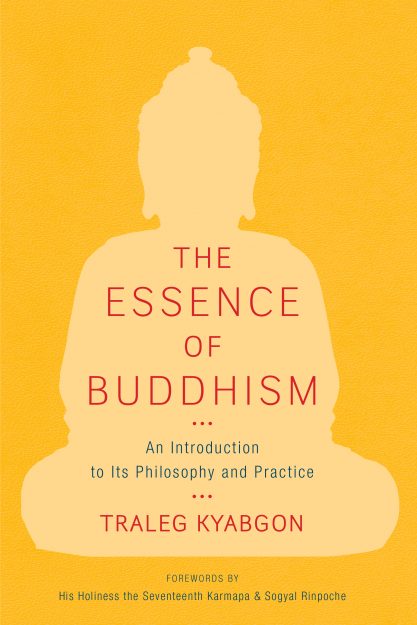 Photo courtesy Shambhala Publications
Photo courtesy Shambhala PublicationsFrom The Essence of Buddhism: An Introduction to Its Philosophy and Practice by Traleg Kyabgon, © 2001 by Traleg Kyabgon Rinpoche. Reprinted by arrangement with Shambhala Publications, Inc., Boulder, Colorado.
![]()
Thank you for subscribing to Tricycle! As a nonprofit, we depend on readers like you to keep Buddhist teachings and practices widely available.
This article is only for Subscribers!
Subscribe now to read this article and get immediate access to everything else.
Already a subscriber? Log in.

 Troov
Troov 











